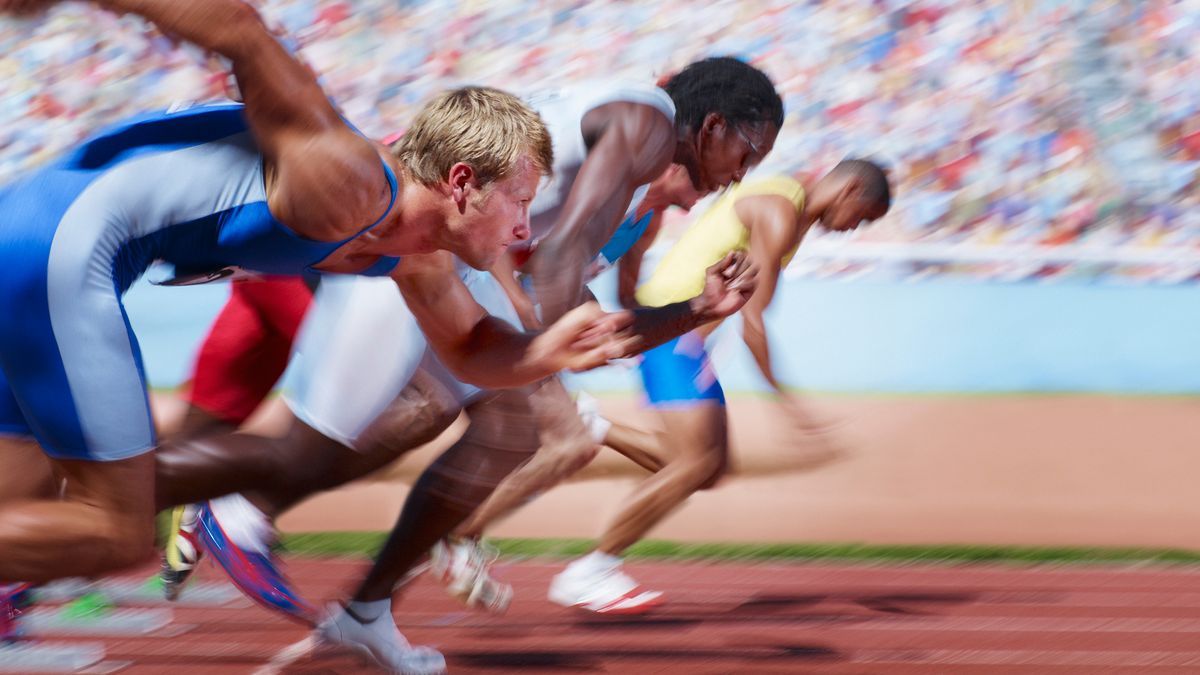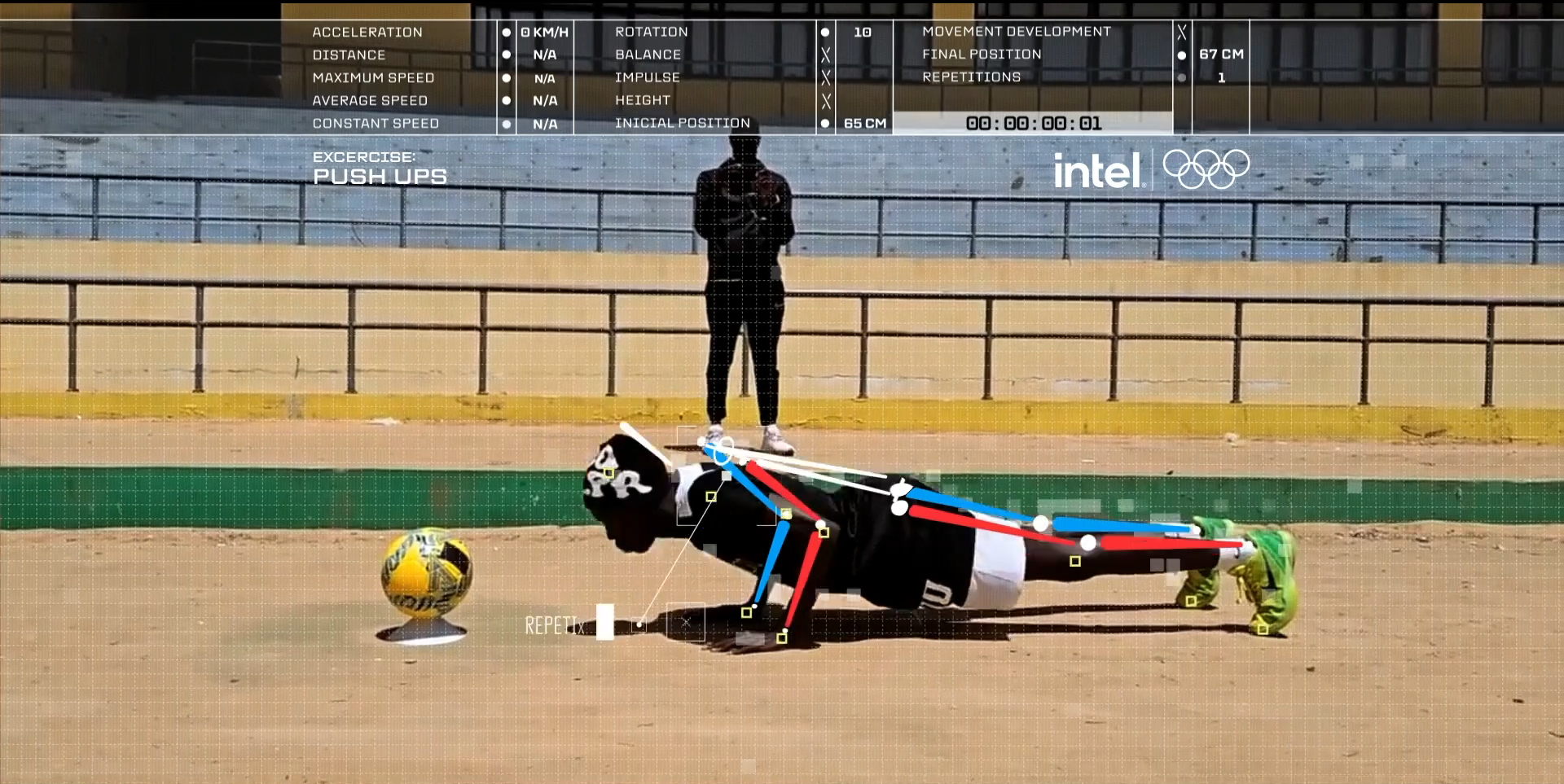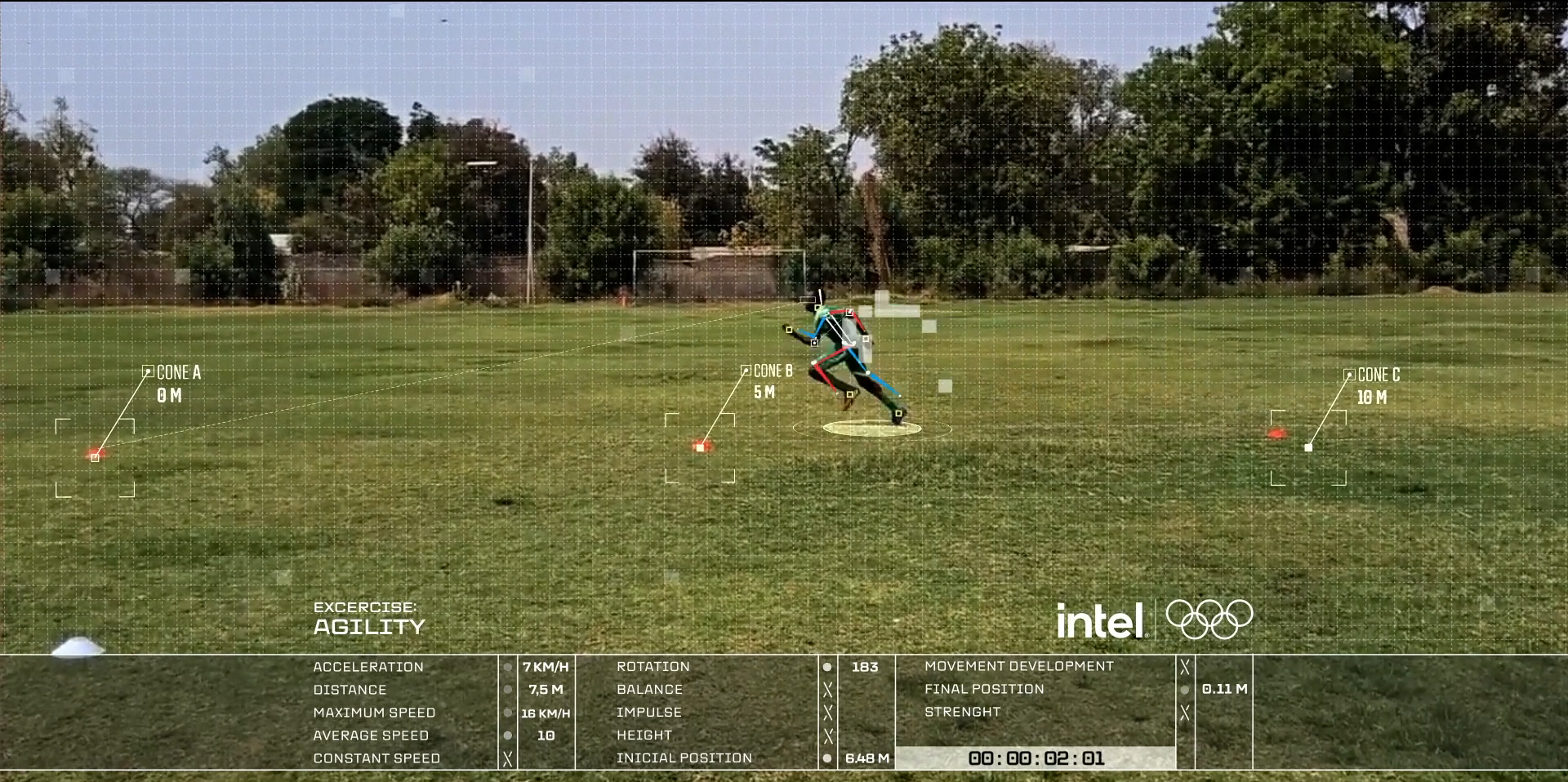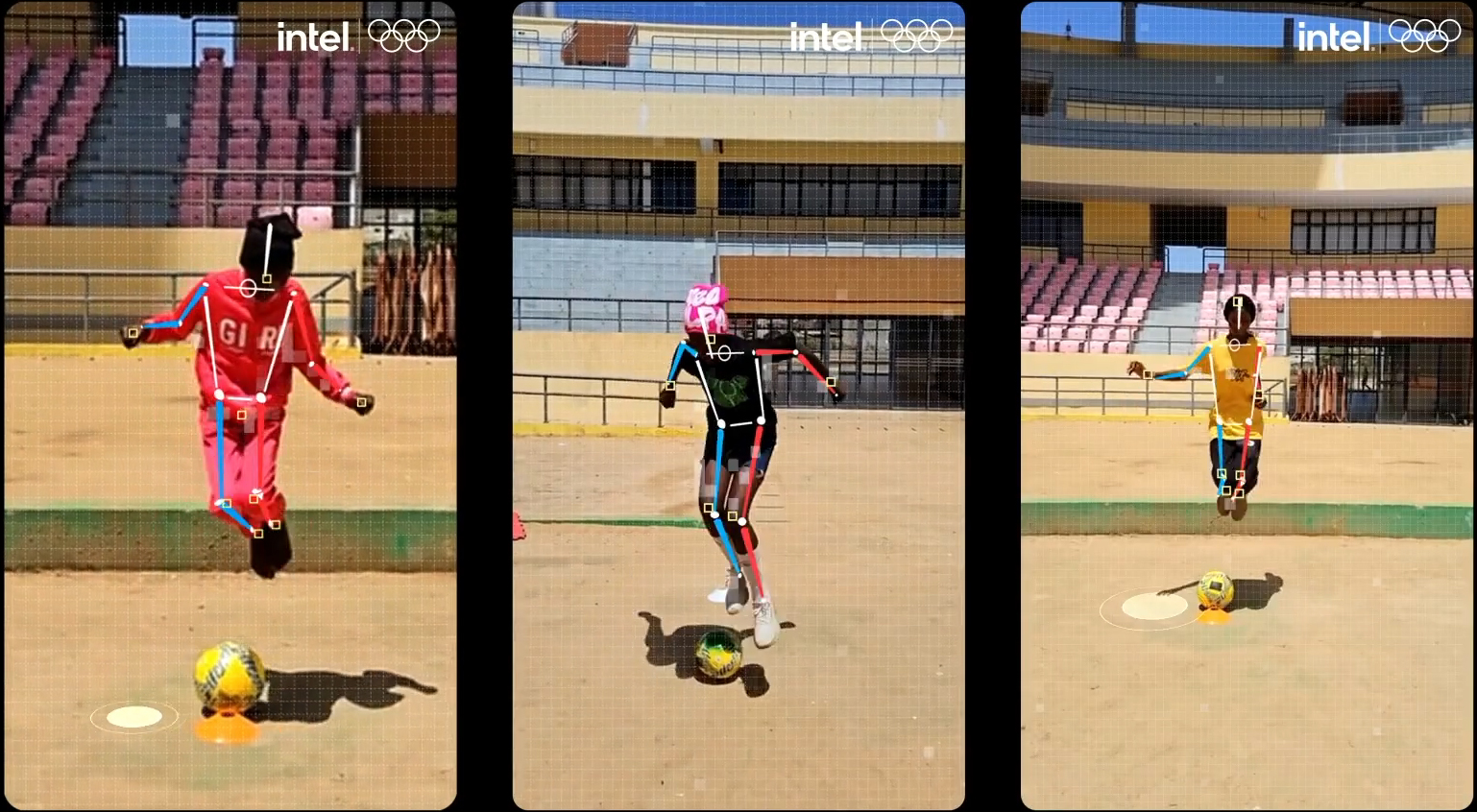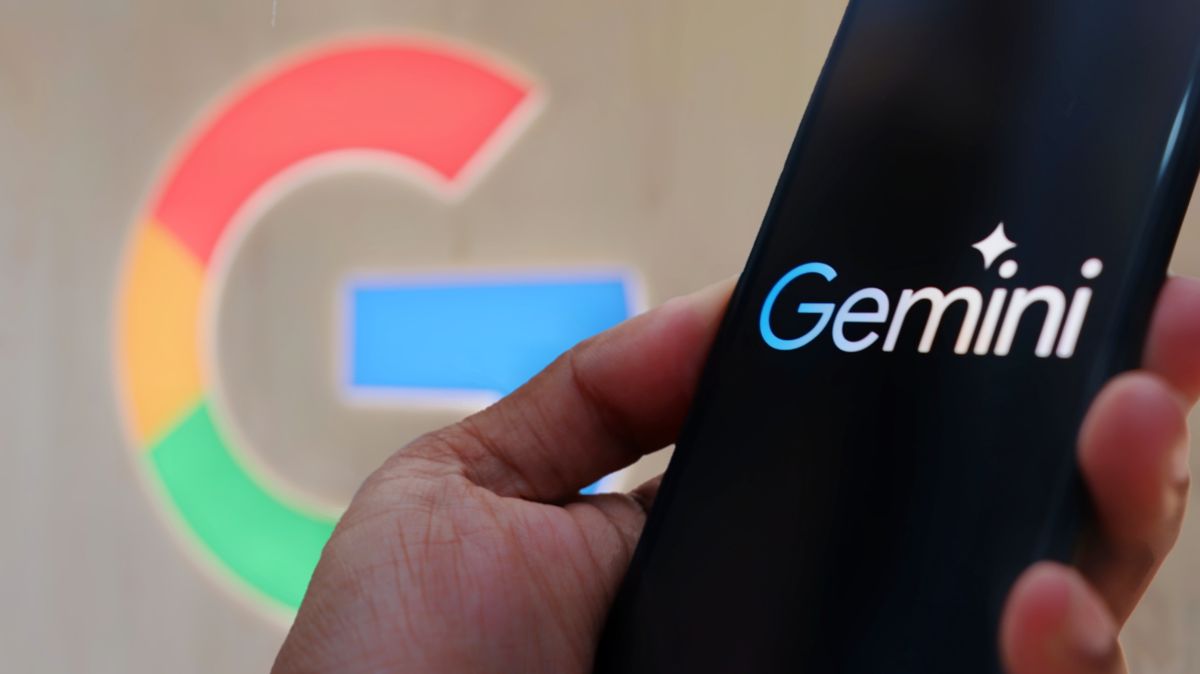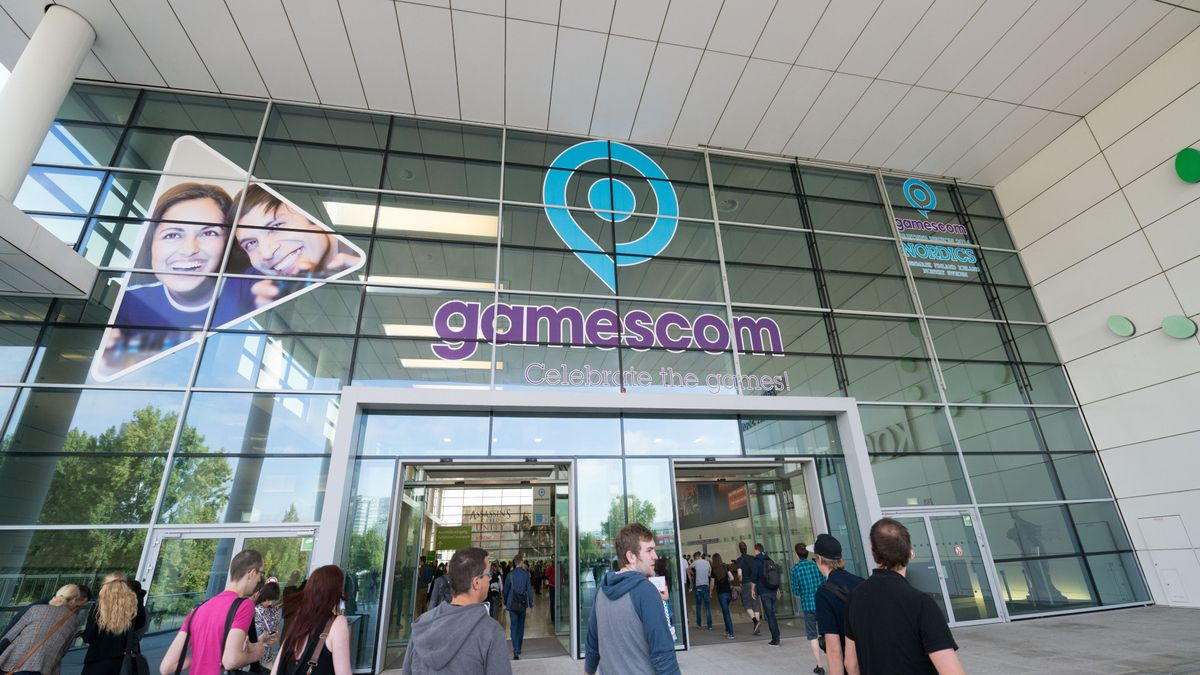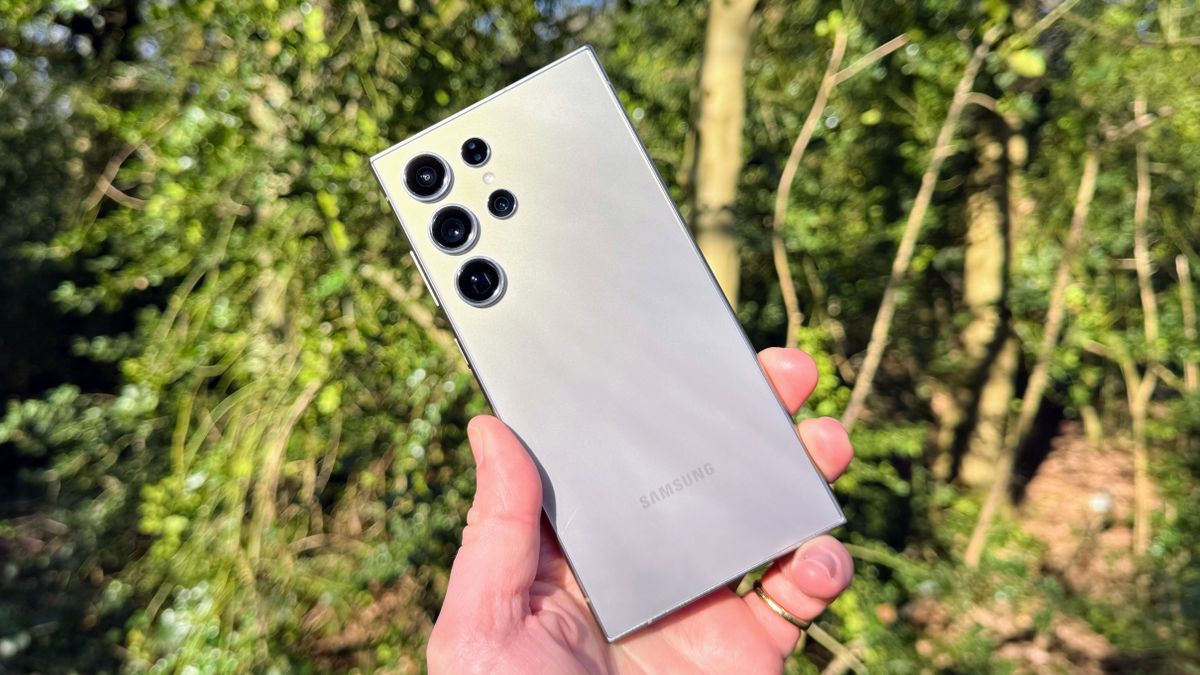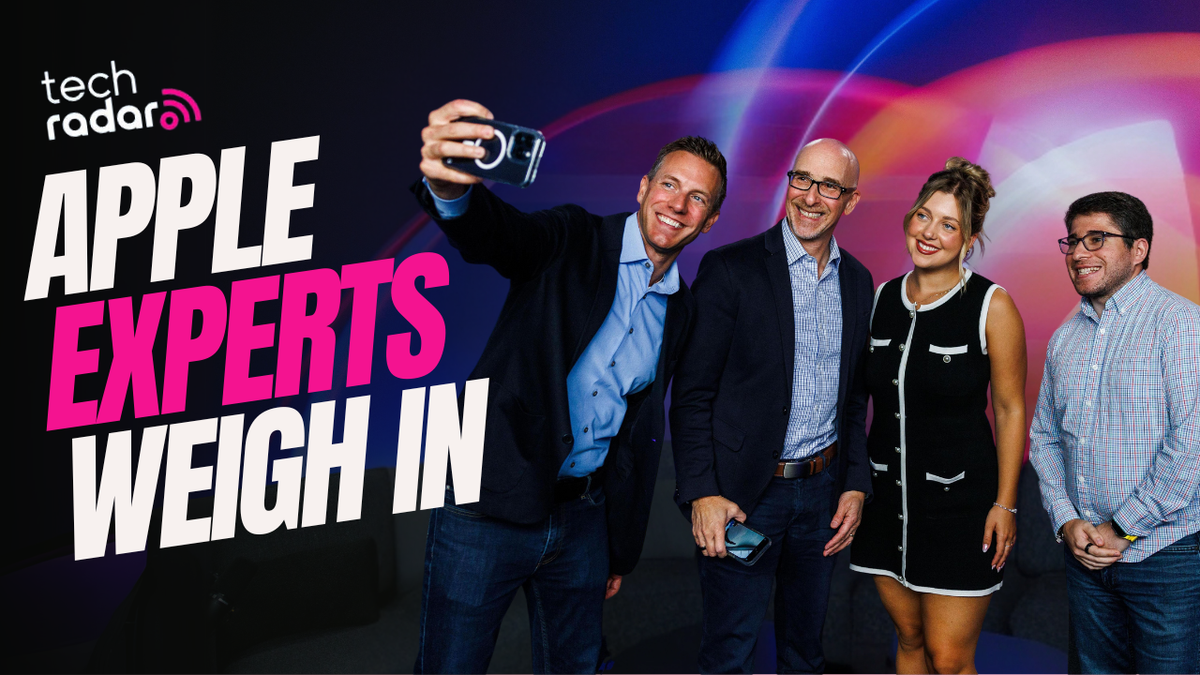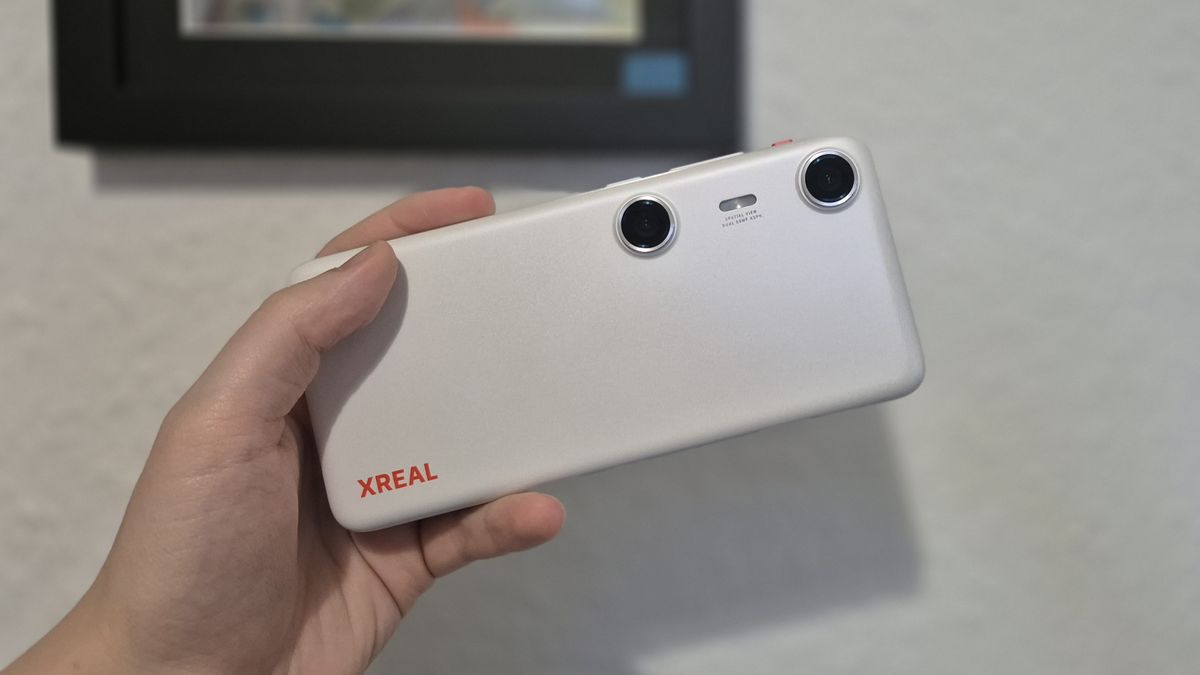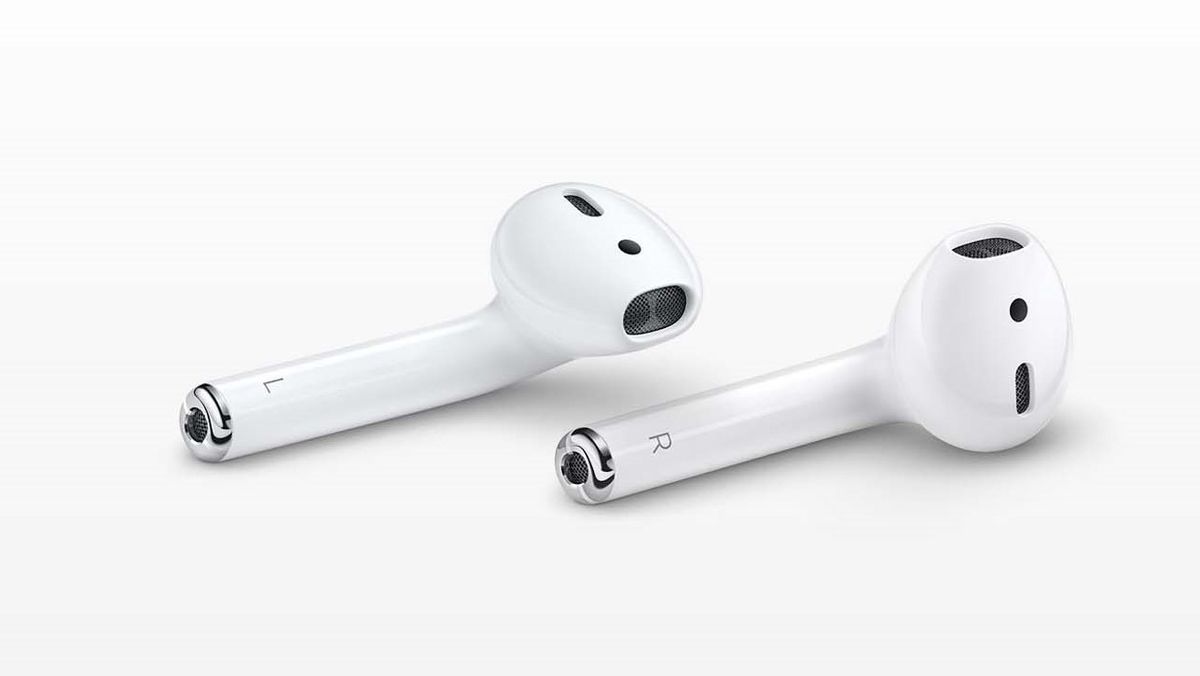One day, there may be an Artificial Intelligence Olympics, where generative AIs compete to create the craziest images, videos, and text responses. In the meantime, there are the real Olympics, which begin July 26 in Paris, France. They will feature real-life athletes, but behind the scenes, there will be AI that will converse with the athletes, make video highlight clips, and tell attendees which Olympic sport they are best suited to compete in (at least in their fantasies).
“Our main focus for these games, which makes sense since it's the really hot topic right now, is artificial intelligence, and that's why we're the official AI platform provider for the Olympic Games,” said Sarah Vickers, who leads Intel's Olympic and Paralympic Games Office.
I spoke to Vickers just as he was about to fly to Paris, where he will spend the next two months overseeing more than 100 Intel employees developing and integrating Intel's artificial intelligence strategy for the Olympics.
Unlike in previous years, when Intel invested in drone intelligence to help build some of the first Olympic synchronized drone flight spectacles, Intel’s work for the Paris 2024 Olympic Games will remain fact-based and focused on a handful of key areas.
Medals in the chat
Yes, Intel is using its Gaudi 2 generative AI platform to power an Olympic chatbot that will help more than 10,000 athletes navigate the sometimes confusing Olympic Village and the games.
Vickers told me that this is an LLM for athletes and explained that it will be integrated into the Athlete 365 app they already use. It should help stressed athletes understand the day-to-day operations of the Olympics and what is expected of them. “Just understanding everything they have to search for or find in PDF files; putting it into a conversational chatbot for them that is integrated into an app that they already have and that works online as well.”
The answer could be quickly given to whether taking a Tylenol before an event could present a doping problem or simply the bus schedules to get to and from the various sporting venues.
With athletes from 200 countries, he was curious if the chatbot could speak multiple languages. Vickers wasn't sure yet if it could. There are also no explicit plans to open up the chatbot to everyone, though Vickers thinks Intel might look into a way to show it to consumers who aren't attending the games.
As for the safeguards included in the LLM, Intel's Responsible AI group contributed to the development of the chatbot. “I don't think you can stop people from asking crazy questions, but I do think you can stop what they're answering and use that to identify that it's something we don't have the answer to, and then maybe figure it out,” Vickers told me.
Bronze in broadcasting
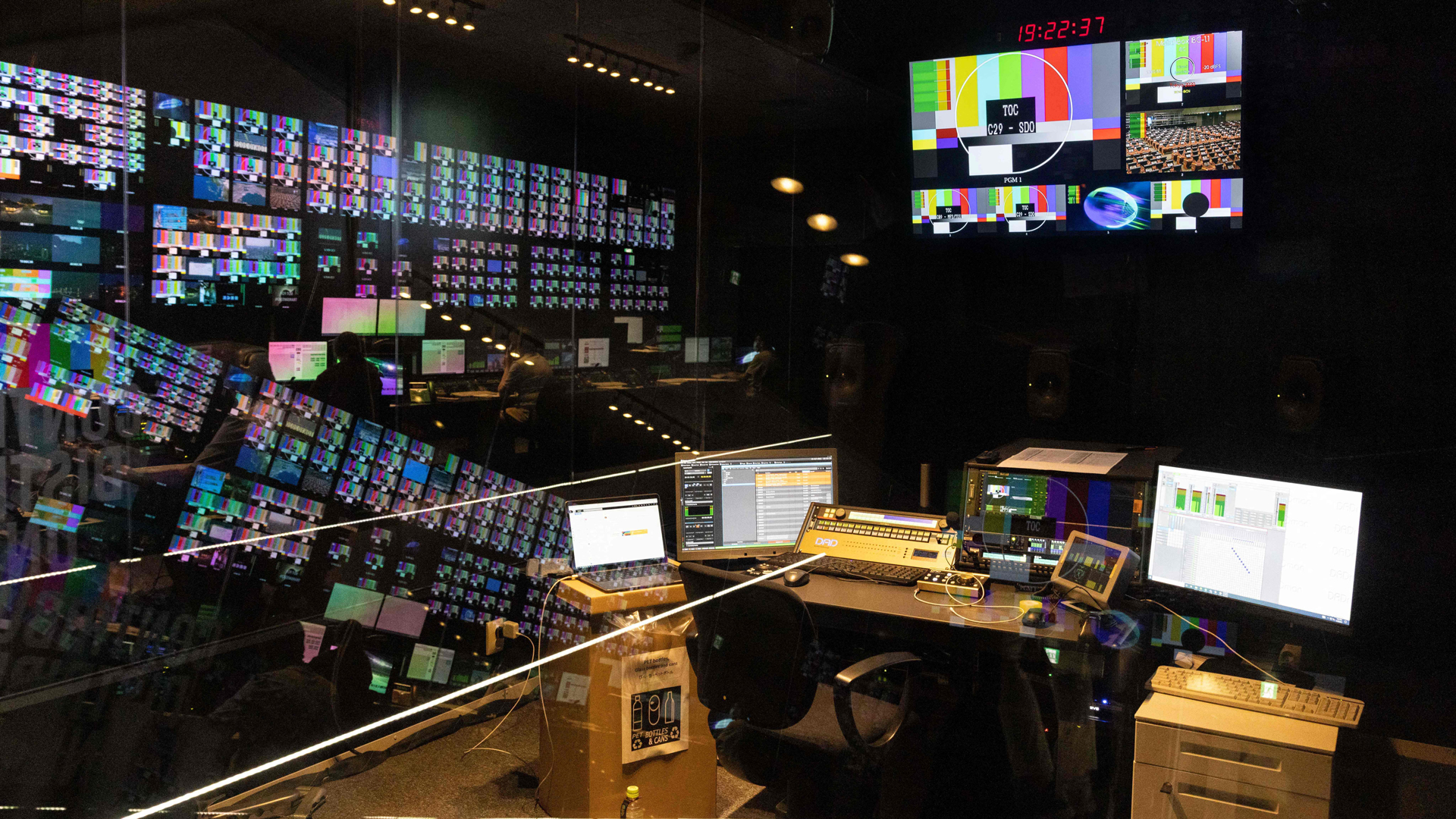
On the viewer (and producer) side, Intel’s AI will sift through event footage to select and present highlights. If you think there are already enough highlight videos online, imagine under-watched events that, while recorded, may not get much broadcast or production attention. Good luck finding highlights of an athlete nailing his perfect 10th target in skeet shooting or an emotional shot of his parents cheering him on.
“So, traditionally, when Olympics Broadcast Services has done highlights, they were limited by the number of people they had to create them. They didn't have a lot of automation. They would do some tagging, but all of that tagging was done manually, so they could only post a certain amount. Now, with the AI that we're implementing, the auto-tagging, the ability to create highlights in real time, which can be done in just a few minutes and almost in real time.”
This will not only help obscure sports, but also smaller countries that can’t afford to send out full broadcast teams to find and present video highlights from each region. This AI tagging could make it as simple as choosing the sport or sports and the country, then hitting an export button.
Gold Medal Winning Skills
If you’re lucky enough to be attending the Olympics, you’ll see AI in action at the Stade De France, which is France’s largest sports stadium and will become the Olympic Stadium during the games. Intel and Samsung have partnered to deliver an AI-powered talent identification system on the ground. Using Samsung smartphones and tablets and computer vision to capture participants doing a handful of sport-related drills, Intel’s cloud-based AI will identify the Olympic sport they’re best suited for.
The two tech companies piloted the program in Senegal, where they used it to help identify local youth as potential athletes for the Youth Olympic Games, scheduled to be held in Senegal in 2026.
“We went and had 1,000 kids participate in this activity to see… what were their skills? What were they able to do? And all of that could be done with a mobile phone, [and] “The infrastructure costs on the ground are very low,” Vickers explained.
Silver in navigation
Other AI integrations include a wayfinding system originally designed for visually impaired people, which will now help everyone find their way in and out of the Olympic Village. AI is also being used to analyse the use of space in the press room and Olympic Village.
“If you think about just the movement of people, if you understand occupancy, you understand better how to manage food and drink. We understand better how to manage queues for transport. Using that data to help make better decisions. That information is also being used by the IOC. [International Olympic Committee] to help plan for the future.”
Most of Intel’s AI integrations run in the cloud, typically on Intel Xeon processors. The software is often Intel’s Geti app, which helps with performance and model building. Vickers told me that some of the AI could run locally (or at the edge) on devices like Samsung tablets and phones, but that’s not how it’s being done for these Olympics.
What Intel isn't doing is bringing this AI directly to the opening ceremonies. For that show, there will be only humanity, emotion and all the stagecraft that producers can apply, and probably drones, but Intel won't be supplying them.

